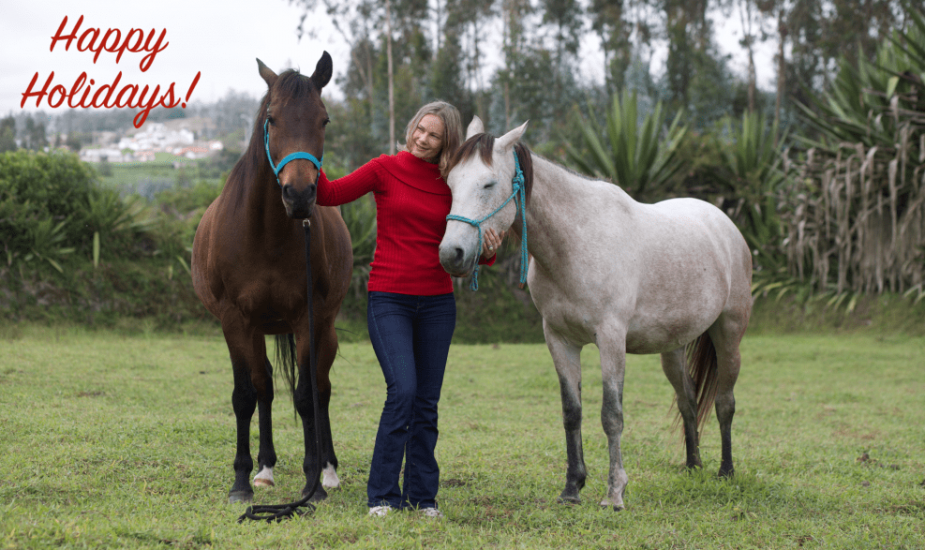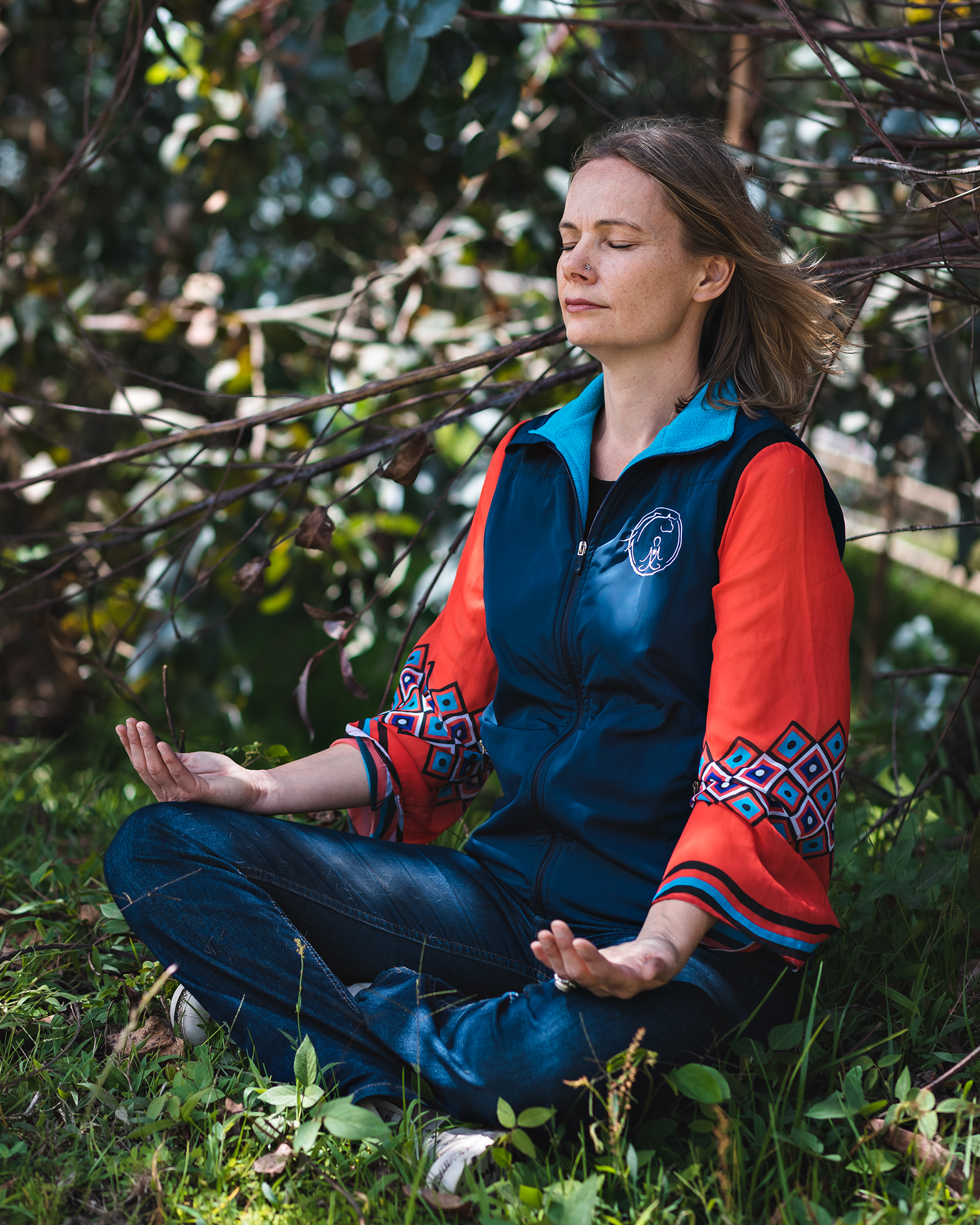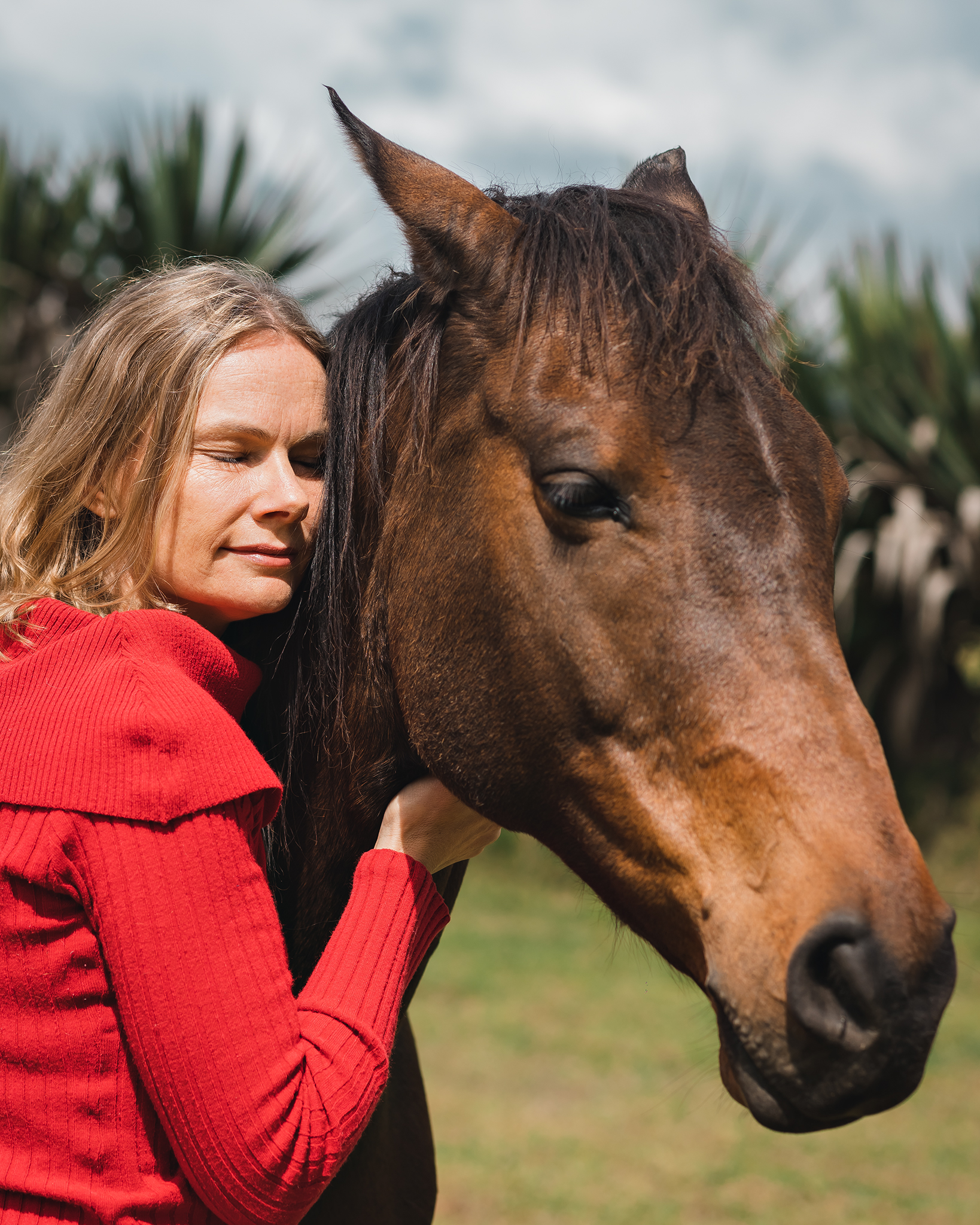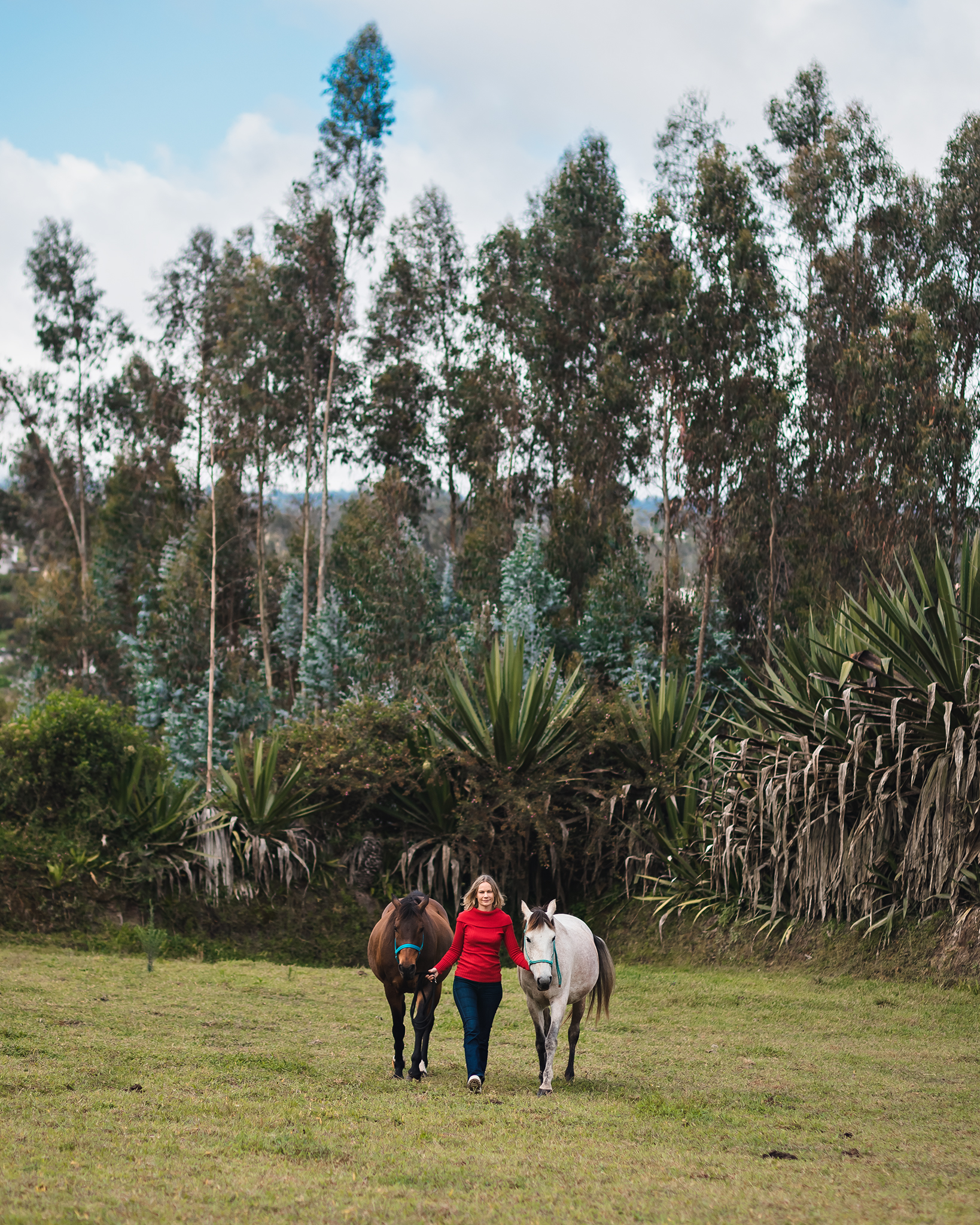Holiday Depression: What it is & what you can do about it

The holidays are often presented as “the most wonderful time of the year.” But are they really wonderful for everyone? Sometimes we find ourselves on the other side of a momentous life change that brings about new family dynamics that can be difficult to navigate. Or maybe you have always found yourself struggling to live up to the holiday hype you see in movies and on TV. Whatever the case, holiday pressures can certainly cause us to behave in ways we would rather not. I know that has certainly been the case in my life.
My mother struggled with anxiety and depression. For Christmas we were expected to go to our grandparents house. The two hour drive would cause my mother a lot of stress because of the snowy roads, the holiday traffic and her own anticipation of the tense mood there: my grandmother had Alzheimer´s and it was very hard to watch her decline. Later, as a teenager, I would be invited to holiday parties that I wanted to attend. I was obsessed with Christmas music and sparkly decorations! I would feel guilty, however, for leaving my family behind. I had to make a conscious decision and allow myself to enjoy the holidays in my own, happier way. Now, we make our holiday decisions as a family, with no set rituals, which allows us the space to grow and change with time as our needs evolve.
What is Holiday Depression?
Holiday depression is not a clinical term. It refers to certain dates where we are expected to feel and act in certain ways where everything is “perfect.” Oftentimes, we don’t feel that we can achieve those expectations of perfection, which causes us to withdraw and avoid participating in these events altogether. Not knowing how to deal with these negative emotions can cause panic attacks and it can drown people into clinical depression.
There are many different reasons as to what can trigger holiday depression. The most common is a death in the family or a break-up. These can completely change the way our holiday experience will look and the loneliness is hard to bear with when everyone is supposedly enjoying family time.
Other people can find the constant pressure to have everything just so, as well being unerringly happy, and having just the right gift for everyone just too difficult to keep up with. Also, in many countries, Christmas holidays take place in increasingly cold, dark conditions. Days are short, sunlight is scarce. This coupled with more consumption of sugary foods, alcohol, and heavy meals, can be enough to trigger those vulnerable or with preexisting mental health conditions.
And there is another reason that you might be thinking of: Most of these family gatherings take place in parents’ houses, where we find ourselves slipping back into long-gone family patterns and roles such as rebelliousness, sibling rivalry, or clumsiness. Being exposed to the family system, we start acting anything but like the calm, empathetic adults we have become.
Holiday depression can be experienced by any one of us. We are all humans with emotions, after all. Some of the people most likely to experience holiday depression are people with preexisting mental health conditions, or those we might refer to as “perfectionists”, those that have a glorious fantasy of what Christmas should be but find the pressure of achieving it to be too much. Known risk factors for holiday depression can be feelings of dread going into the holiday, not enjoying the preparation, wishing the season was over, having lost a family member or loved one to death or a break up, or avoidance of these events and gatherings altogether. On the other end of the spectrum, they can be perfectionists trying to relive the past incredible Christmases they have experienced after something dramatic has changed in their lives or circumstances.

And here is one more...
Do you remember that I always talk about our intention and mindset? It not only applies to working with horses…. There are many people that find themselves going into the holiday with a highly critical, hypersensitive mindset that creates the opposite set of expectations we should have for the Holy Night.
Do you already dread that Uncle John will drink too much and tell terrible jokes? Or that your brother will bring another date that is impossible to get along with? Or that you will hate Aunt Jennie´s voice and her bright lipstick? You already know these people will disappoint you, so you cannot wait for the holiday to be over. Does that sound like a good mood to throw into the party?
If you are aware it might be a difficult time for you, you can develop some strategies and coping mechanisms to aid you ahead of time.
Strategies that may help you have a happier holiday
-
- Intention is key. Visualize the holiday as you want it to be, not how you dread it will be. Heart Math Breathing Technique is an easy way to reset intentions: focus on the most desirable outcome, program your mentality towards that. Breathe. Visualize how you want the situation to go, and bring adult energy and empathy to it. Remember everyone is there with good intentions. Find compassion and acceptance for your brother and his date. You cannot control them; they are not actors in the play of your life, and accepting you cannot change them allows you to breathe more deeply.
-
Do not allow yourself to fall into the consumer trap of having to buy the perfect gift for everyone. Recognize that handmade or nonphysical gifts tend to resonate the most with your loved ones because they are a piece of you given with only them in mind. This can relieve a ton of pressure from your holiday experience.
- Be aware of your changes in consumption during this time of year. More sugar can increase anxiety, more alcohol can increase aggression and unhappiness, heavy meals may make it impossible to get a good night’s rest. Try to monitor what is affecting your mood the most, and avoid these items. If possible, ask for accommodations to be made at your gathering.
-
Grief can hit hard this time of year. Dreading the holiday or preferring to be alone can be a part of it. If you can, try to connect to someone that understands. Avoid isolation. If you can connect with someone that is also missing that person, try to share as many positive memories as possible. Remember, this is what your loved one would have intended you to do.
- Loneliness can strike us at any time, but holidays can bring this out in us. Reach out to your community and friends. Surround yourself with people that know you and care. If you feel there is no one, reaching out for professional help sooner rather than later is preferred. As with all mental health issues, the earlier the better. There are tools and strategies to help you through these situations.
Troubleshooting or what my clients have asked me
“Christina, I don’t like this time of year and I prefer not to be a part of it, is there anything I can do?”
What do you usually like to do to feel good? Be it walking in nature, spending time with animals, it is good for you to have an outlet. Plan a project. This is a good thing for you to be able to discuss with others, as everyone is really busy during these days and you will be asked about “your plans for the Holidays”. It will feel good to have a plan as well. If you truly prefer time alone, that is fine. But avoidance of family obligations out of fear is a sure sign you should be seeking help.
*
“I really go in with the best intentions, but my family is just impossible! How can I handle this?”
Practice acceptance and compassion. Find someone in your family you are doing this for, for example, your mother wants a peaceful evening with family. You can put aside your differences for one night for her. Especially with siblings, try to treat them as you would coworkers, without regressing to the immature behavior you had growing up. And make sure you give yourself break, take a walk, talk with a friend. Give yourself a chance to breathe. You will be fine.
*
Christina, I need your advice. My partner hates the holidays, but I love them! What can we do?”
In this situation, sitting down and speaking to each other in a calm setting ahead of the holiday is essential. What is it that bothers him/her most? If it is the cheesy Christmas music, make a compromise of a certain time you can play it, and when it should be turned off. If it is the glitzy decoration, you could have a meal with a more elegant decoration. Communication and compromise are key. It is also perfectly fine to spend some time apart – celebrate Christmas Glam with your friends and let him do something else! A mature relationship allows each one to enjoy and develop separately.
*
“Christina, you won´t believe it, but my Aunty who I love dearly always gives me the most terrible presents with the best of intentions. I don´t know what to say to her.”
Here is a delicate balance. Being cruel and telling her you hate it isn’t useful to anyone. However, acting overexcited might only guarantee you will receive more of the same in the future. Providing a neutral reaction of gratitude at her intention may serve you best: “Aunty, I love your gesture, even though I have no idea how to integrate this item into my household.” Follow up on a day that is not the holiday by sharing with her some things that would be truly useful to you as gifts in the future.
In short ...
Holidays are a time of love and compassion, but also one of great pressure and unhealthy expectations. Being able to recognize negative thoughts and behaviors in yourself around this time of year will provide you the opportunity to reach for tools to help you back onto even ground, before you find yourself spiraling down into holiday depression. Prepare yourself with HeartMath® Practice, for example with my short Relaxation with the Herd, or reach out to me for deeper 1-1 support.
With care, Christina


